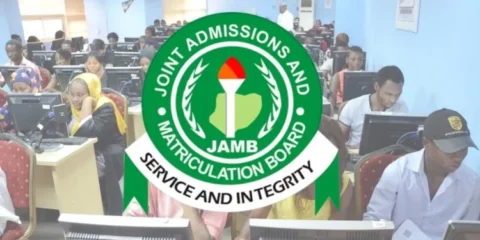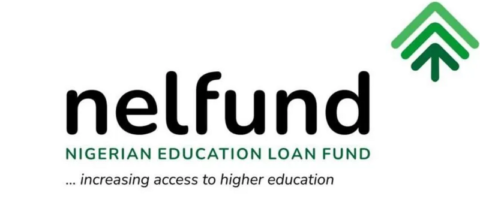It has been observed that despite the expansion of educational programs in Nigeria, girls in the North Eastern part of the country continue to face significant barriers to education, with a higher number of out-of-school children.
The observation was contained in a communiqué from the Conference on Enhancing Girl-Child Education in Northern Nigeria organised by the Federal Ministry of Education and the Adolescent Girls’ Initiative for Learning and Empowerment (AGILE) Project. The event was held on Thursday, 5th December 2024, at the Bauchi Government House.
The conference declared that more than half of the out-of-school children in the region are girls, often denied access to education due to societal norms and economic pressures.
The conference further identified poverty as a leading cause of adolescent girls not attending school or dropping out early. Families struggling financially often prioritize boys’ education, perceiving it as a better return on investment, while girls are sent to work to support household incomes.
Additionally, deeply embedded cultural norms perpetuate the belief that girls should focus on domestic responsibilities. These views, reinforced by traditional practices, contribute to some parents’ reluctance to send their daughters to school. However, there was consensus among participants that these norms can be changed through the influence of religious and traditional leaders.
Safety and security challenges were also highlighted as impediments, with many families reluctant to send their daughters to school due to fears of abduction, violence, or harassment, especially for girls who must walk long distances.
Participants emphasised the lack of female role models in leadership positions across educational and political sectors. This gap limits girls’ aspirations and weakens the argument for educating them as future leaders.
The conference also observed that many schools in rural and semi-urban areas lack the basic facilities required for conducive learning environments. This includes inadequate sanitation facilities, which disproportionately affect girls during menstruation, leading to absenteeism and dropouts.
The conference emphasised the importance of traditional and religious leaders becoming more deeply involved in shaping societal values and norms. Their endorsement of girl-child education is seen as crucial in changing community attitudes and encouraging parents to prioritise the education of their daughters.
The leaders were acknowledged as key influencers who can advance girl-child education. Participants also recognised the importance of ongoing support from international organisations such as the World Bank and other development partners. Their financial and technical support has been instrumental in driving important education reforms.
However, there is a need for closer collaboration between these partners, local governments, and community leaders to ensure sustainable progress.
The next steps adopted include the creation of a high-level task force comprising traditional and religious leaders, government officials, and representatives from development organizations. This task force will monitor and evaluate progress on the resolutions agreed upon and ensure consistent engagement on girl-child education issues.
State governments, along with traditional and religious leaders, are to work closely with the task force to develop a clear, time-bound action plan. This plan will encompass policy reforms, infrastructure improvements, and targeted interventions aimed at increasing girls’ school enrolment and completion rates.
Religious and traditional leaders will organise community sensitisation programs, including town hall meetings, sermons, and public discussions. These activities will address misconceptions about girl-child education and will target parents, community influencers, and young people.
Traditional and religious leaders will also engage schools within their domains to monitor school attendance, celebrate enrolment days, honour successful women in their communities, advocate for scholarships for the poor, and work with relevant authorities to provide necessary facilities to ensure enrolment and retention.
Training programmes will be initiated for traditional and religious leaders to enhance their capacity to advocate for girls’ education. Additionally, teachers, particularly those in rural areas, will receive training on gender-sensitive teaching methods to support girls’ retention in schools.
The World Bank and other international development partners will be engaged to provide technical support, data, and funding to implement these recommendations. These partners will also assist in scaling up initiatives that focus on access to education for girls in conflict-affected areas.
A monitoring and evaluation (M&E) framework will be developed to track the implementation of the commitments made during the conference. Regular progress reports will be submitted to relevant government ministries, development partners, and the task force.
Additionally, a sustained media campaign leveraging traditional and digital platforms will be launched to promote the importance of girl-child education. This will include radio programs, social media outreach, and partnerships with local influencers to amplify the message.





